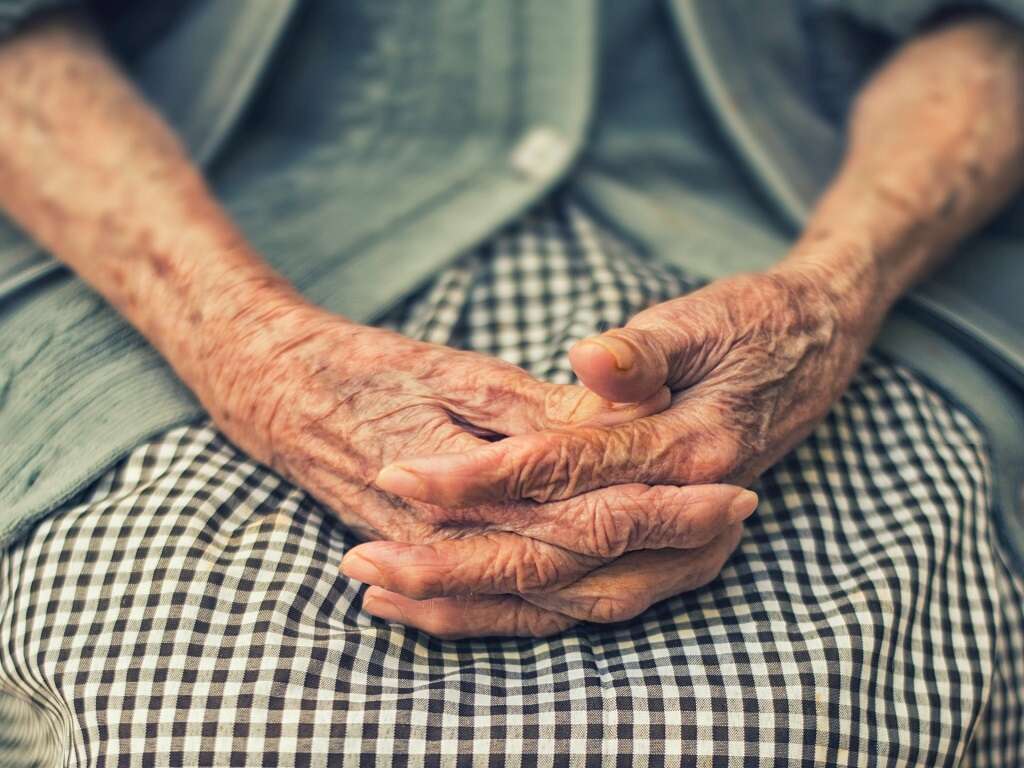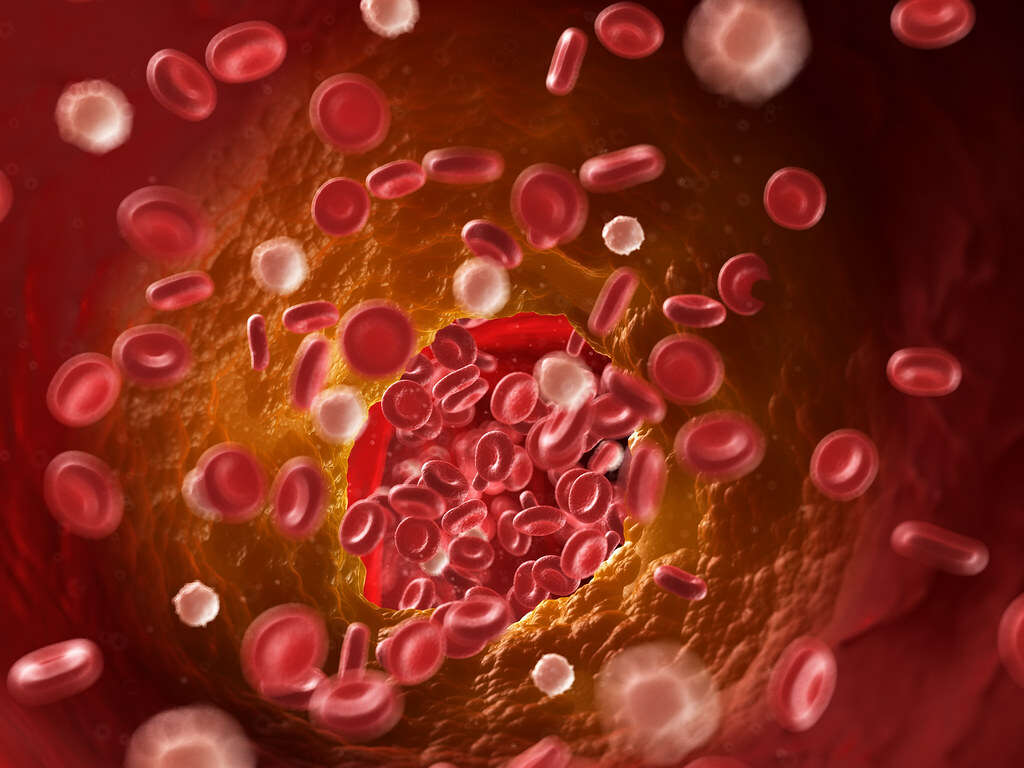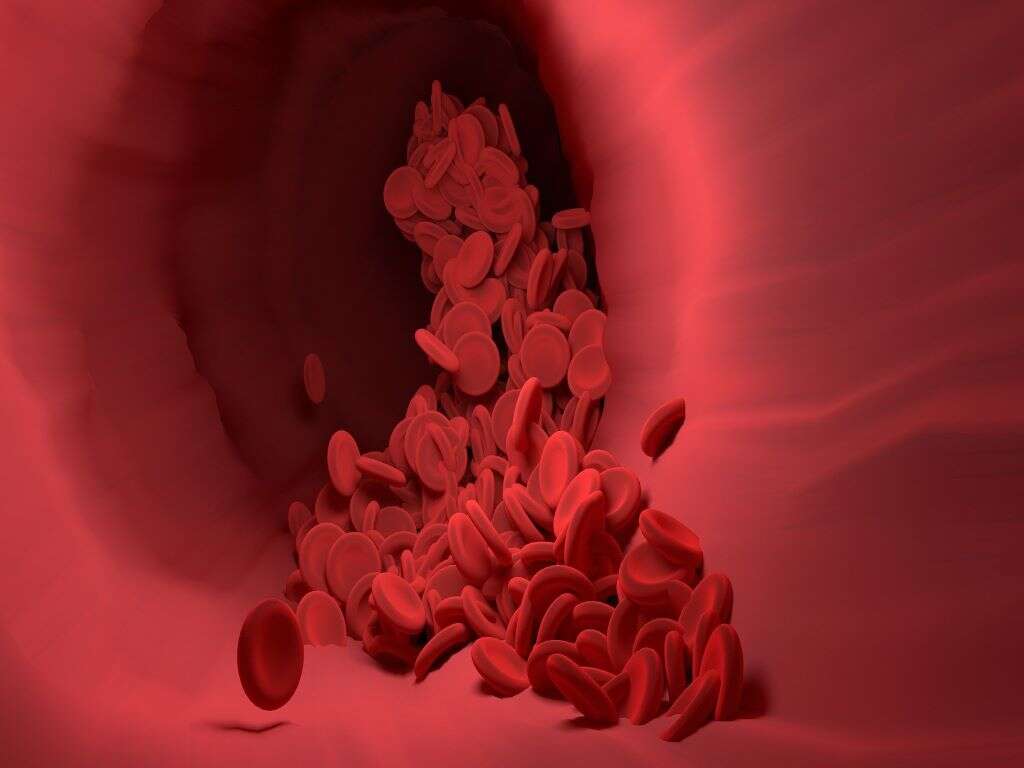Blood Poisoning Symptoms, Treatments and More
 Article Sources
Article Sources
- 1. 'Blood Poisoning: When to See a Doctor.' Mayo Clinic, Mayo Foundation for Medical Education and Research, 22 Apr. 2020, www.mayoclinic.org/blood-poisoning/expert-answers/faq-20058534
- 2. NHS Choices, NHS, www.nhs.uk/conditions/sepsis/.
- 3. NHS Choices, NHS, www.nhs.uk/conditions/sepsis/who-can-get-it/.
- 4. NHS Choices, NHS, www.nhs.uk/conditions/sepsis/treatment-and-recovery/.
- 5. 'What Is Sepsis?' Centers for Disease Control and Prevention, Centers for Disease Control and Prevention, 27 Jan. 2021, www.cdc.gov/sepsis/what-is-sepsis.html.
- 6. 'Get Ahead of Sepsis – Know the Risks. Spot the Signs. Act Fast.' Centers for Disease Control and Prevention, Centers for Disease Control and Prevention, 27 Aug. 2020, www.cdc.gov/patientsafety/features/get-ahead-of-sepsis.html.
- 7. 'Sepsis.' Mayo Clinic, Mayo Foundation for Medical Education and Research, 19 Jan. 2021, www.mayoclinic.org/diseases-conditions/sepsis/symptoms-causes/syc-20351214.
2. Who Is At Risk
Any person, no matter how healthy, can get blood poisoning. However, there are groups who are more likely to have an infection develop into sepsis. Someone who has recently given birth, had a miscarriage or abortion, people who are very young or very old, people with weak immune systems, and those recovering from serious illness or surgery are particularly vulnerable.
It's important to protect vulnerable people from infection by washing hands and making sure all people who can get vaccines are vaccinated.3NHS Choices, NHS, www.nhs.uk/conditions/sepsis/who-can-get-it/.
Advertisement











